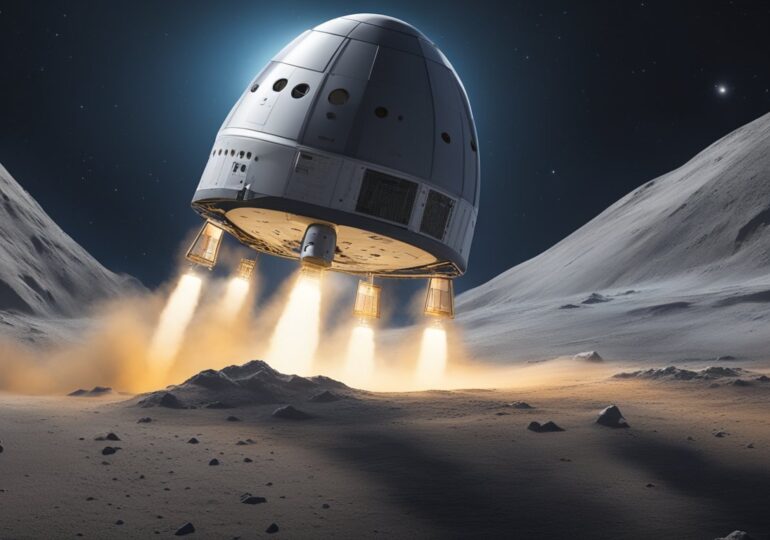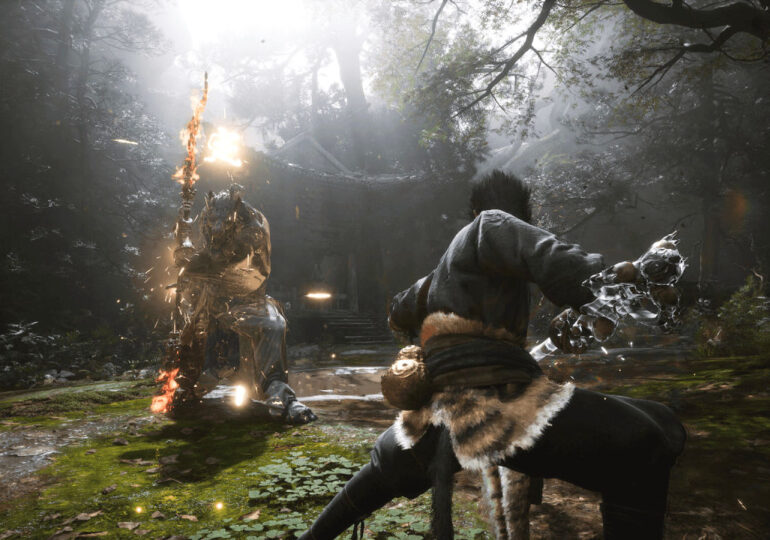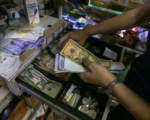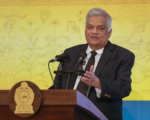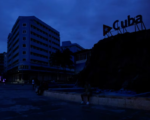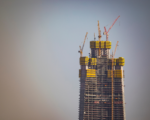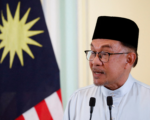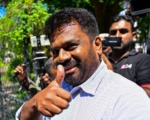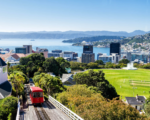Leftist Candidate Anura Kumara Dissanayake Leads Sri Lanka Presidential Race Amid Historic Economic Crisis
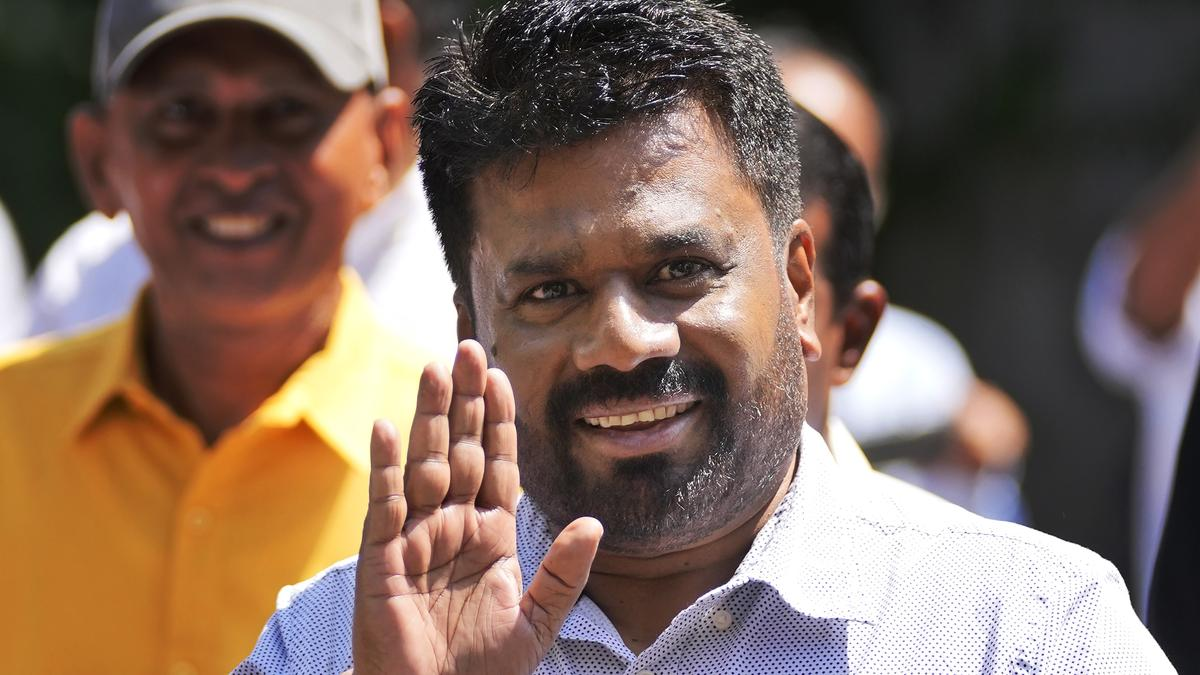
Anura Kumara Dissanayake, a leftist politician and leader of Sri Lanka’s National People’s Power (NPP) party, is leading in the country’s first presidential election since mass protests unseated former leader Gotabaya Rajapaksa in 2022. Early results from the election, held on Saturday, show Dissanayake with 42% of the vote. Opposition leader Sajith Premadasa trails with 32%, while incumbent President Ranil Wickremesinghe has garnered 16%, and Namal Rajapaksa, nephew of the ousted president, is at 3%.
Dissanayake’s anti-corruption platform and promises of good governance have resonated with voters seeking systemic change after Sri Lanka’s devastating economic crisis. Although Dissanayake has not yet secured the required 51% to win outright, supporters of his rivals, including those of Wickremesinghe and Premadasa, have already begun to congratulate him on his apparent victory.
With no candidate having yet reached the necessary majority, Sri Lanka may face a second round of voting. All eight of the country’s previous presidential elections have seen a winner emerge after the first round. This race is considered one of the closest in Sri Lanka’s history, with 17 million citizens eligible to vote.
The election has been described as the most peaceful in the country’s history, but a curfew was imposed late Saturday night for public safety. The new president will face significant challenges, particularly in reviving the economy and addressing the poverty that worsened after the country’s 2022 economic meltdown. Sri Lanka’s foreign currency reserves were depleted, inflation soared to 70%, and public debt hit $83 billion, making everyday essentials unaffordable for many.
Dissanayake’s leadership will be crucial in navigating these economic challenges and addressing the long-standing issues of corruption and mismanagement, which many Sri Lankans blame on the Rajapaksa family’s decade-long rule. Wickremesinghe’s efforts to stabilize the economy through a $2.9 billion International Monetary Fund (IMF) bailout provide some hope, but the strict economic reforms required by the IMF remain contentious.
Sri Lanka continues to restructure its $36 billion foreign debt, with $7 billion owed to China, the country’s largest bilateral creditor.




